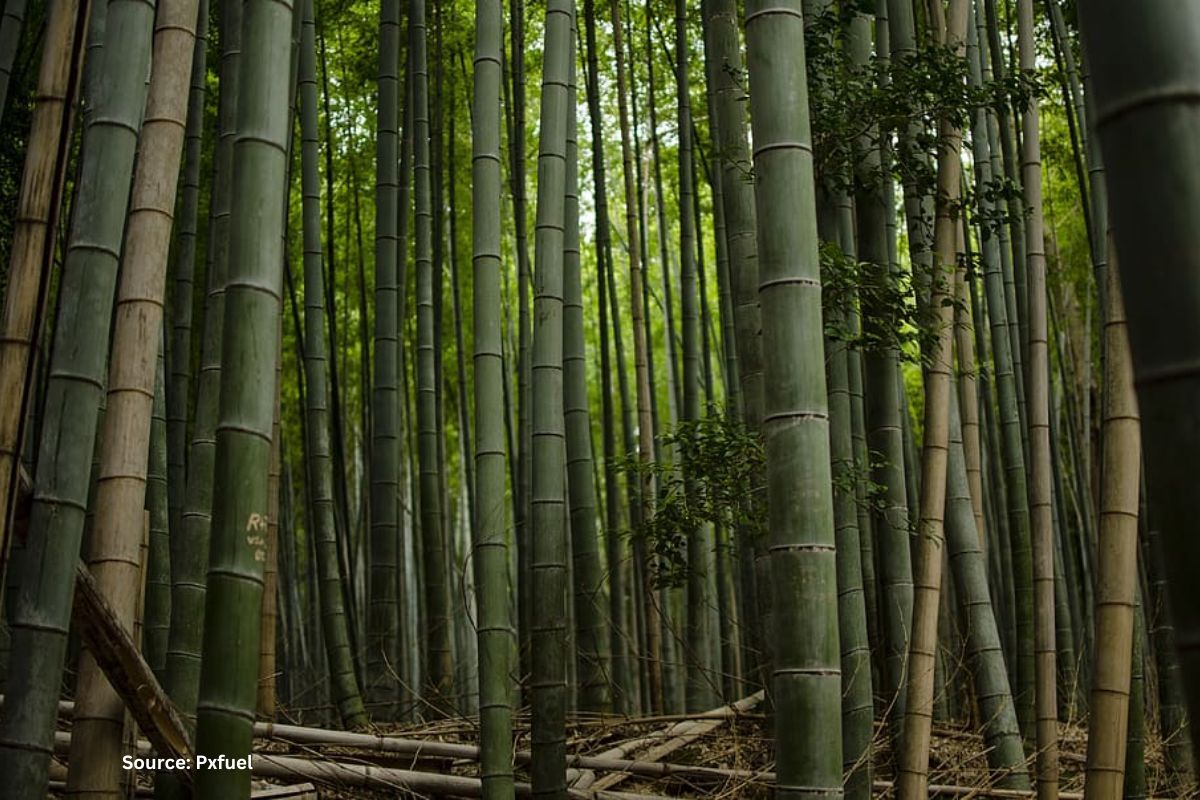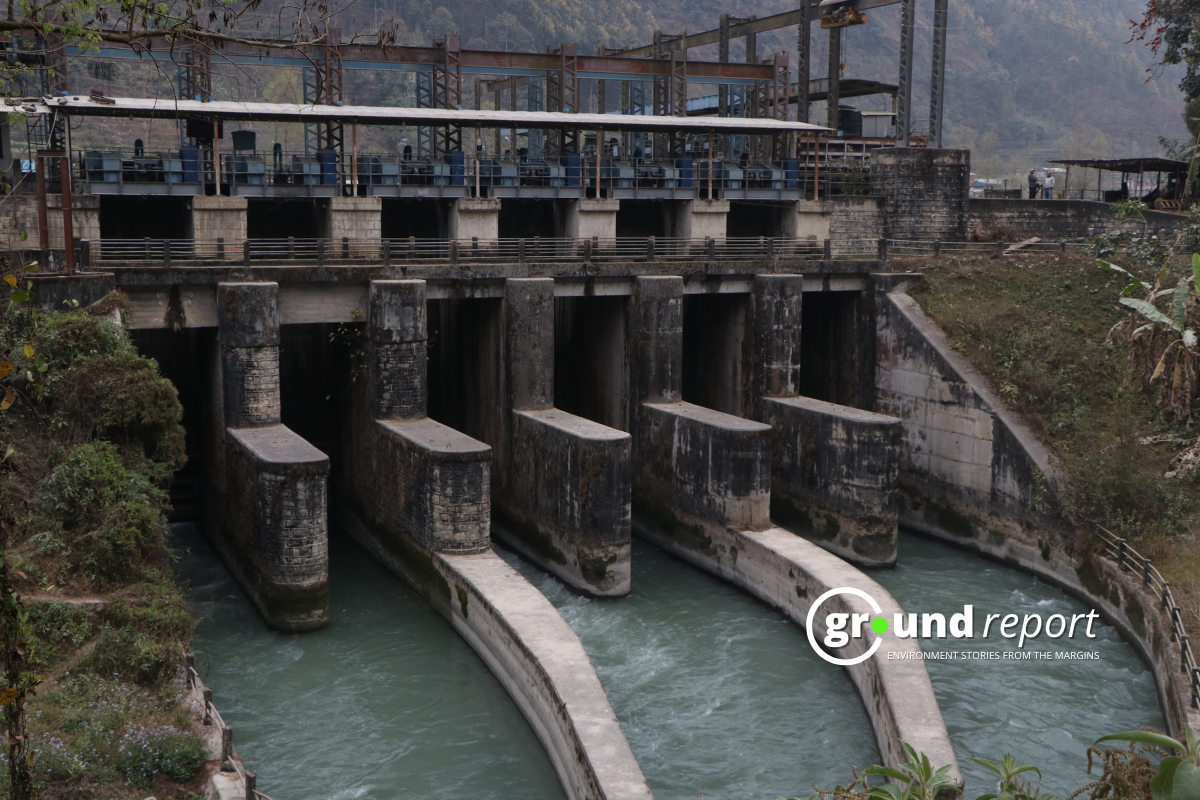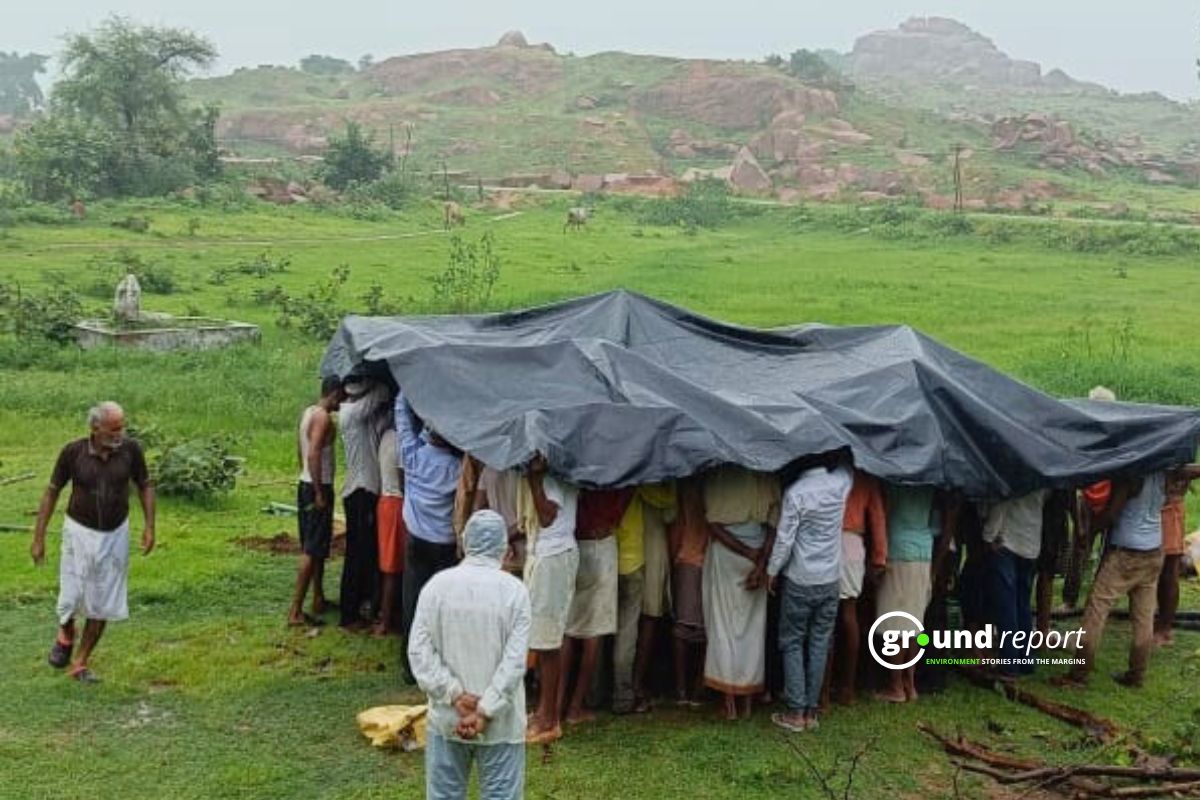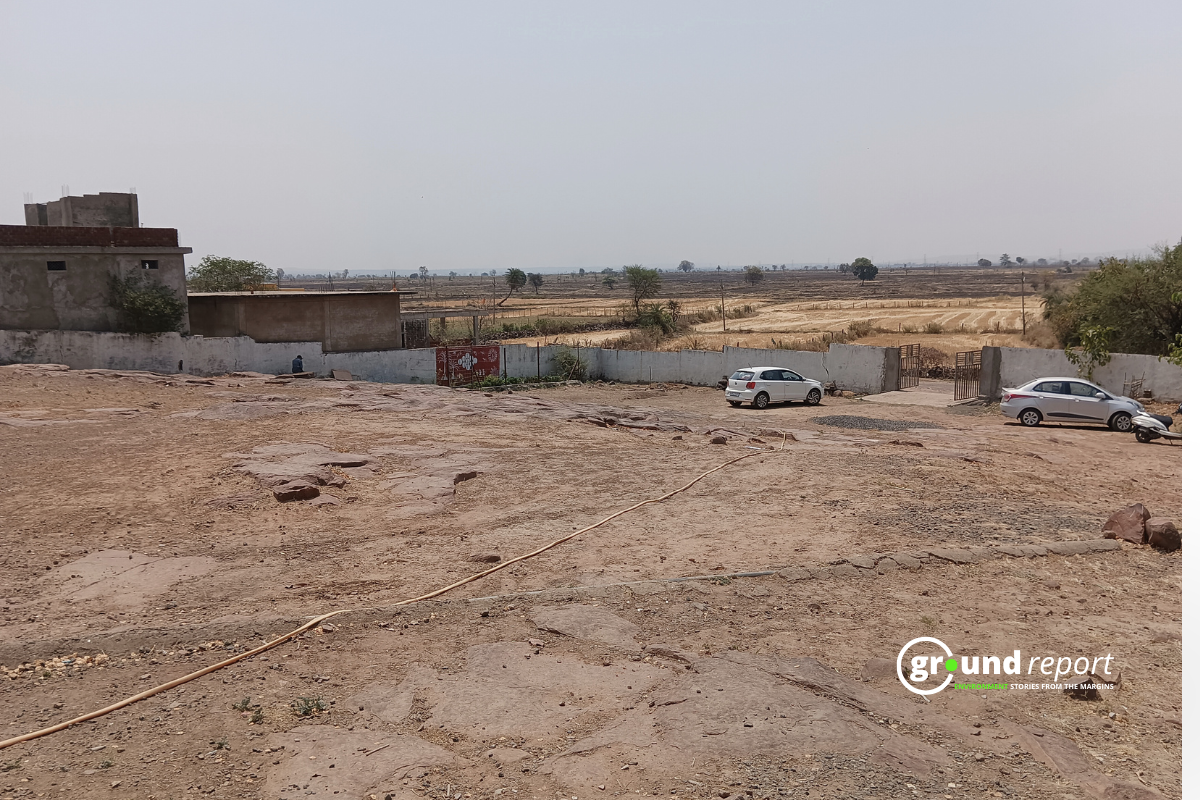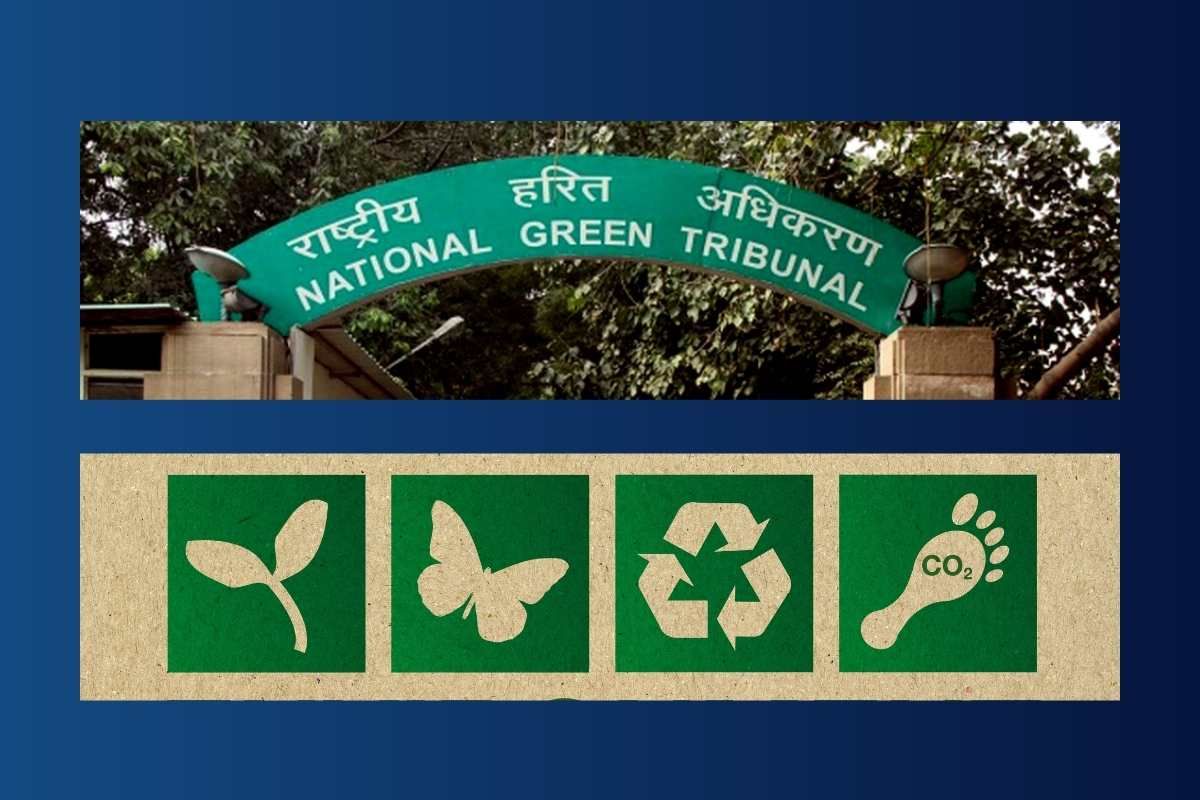Bamboo Phyllostachys nigra var. henonis is widespread throughout Japan. It blooms every 120 years and then “dies,” making way for the next generation. In 2020, a stand of henon bamboo flowering early. They set up a plot and observed the germination.
Scientists concerned about bamboo news
A group of scientists who published their new findings about bamboo in the journal PLOS One now have concerns about the curiosity surrounding this type of bamboo.
As noted by researchers from Hiroshima University, science has struggled to study the flowering and regeneration of this bamboo due to long gaps in time without flowers. The last large bloom was in 1908, and although there were some blooms between 1903 and 1912, scientists expect the next large bloom around 2028.
Scientists from the university found a plant that flowered before the others a few years ago and studied it to understand more about the process. They noted in the statement that what they found could be bad news for the bamboo production, area’s ecology, and the country’s economy.
The researchers observed that most flowering bamboo specimens did not produce seeds, implying that more than 80% of the flowering stems did not produce seeds, indicating that this variety of bamboo “does not reliably undergo sexual regeneration through seed germination.”
“A bamboo stand turns into a grassland after flowering, for at least several years. We may need to manage this drastic change,” says Yamada.
“During the initial regeneration process, which will last at least several years, bamboo stands will be useless for craft materials and edible bamboo shoots,” wrote the researchers.
“P. nigra var. henonis plays an important role in Japanese society, so the dieback of entire stands after flowering will result in huge economic losses.”
The researchers also voice concerns for the environmental implications of this dieback, which could cause drastic changes in vegetation and land cover, biomass loss, and soil erosion.
Not regenerating after flowering?
In simpler words, as Toshihiro Yamada, the study’s first author, said, “The bamboo didn’t produce any viable seeds. Bamboo shoot production stopped after flowering. There were no signs of regeneration during the initial three years.”
This doesn’t mean the species doesn’t regenerate after flowering, but researchers expect slow regeneration lasting several years. This could represent a “dark future” for the species in Japan, and the economy and livelihood of people near these plants.
The scientists noted that the consequences of a dense bamboo field becoming a grassland for several years until bamboo regeneration begins can impact the area’s ecology and the country’s economy.
“Phyllostachys nigra var. henonis must have experienced many flowering events during this period, as it surely regenerated repeatedly.”
The researchers propose that bamboo regenerates through underground organs that allow the plant to regrow.
But when henon bamboo dies in 2028, it will be slow to regrow.
Keep Reading
Indian agriculture household earns just Rs. 10,218 in a month: Govt
Post-harvest losses still high, reveals data shared in Lok Sabha
Support us to keep independent environmental journalism alive in India.
Follow Ground Report on X, Instagram and Facebook for environmental and underreported stories from the margins. Give us feedback on our email id greport2018@gmail.com.
Don’t forget to Subscribe to our weekly newsletter, Join our community on WhatsApp, Follow our Youtube Channel for video stories.
